Dernière mise à jour de cette page le
Internet access is maintained at all times, including during political unrest
Yes. A particular achievement has been ensuring Internet access during times of national disaster. Between September 2010 and 2012 the city of Christchurch experienced a series of earthquakes. One, on February 22, 2011, resulted in significant loss of life, major infrastructure damage and declaration of a state of emergency. Internet access was maintained throughout this time and was a vital tool for community response. Traffic management of cell phone networks was instigated for short periods in the immediate aftermath of the most severe earthquakes in order to ensure networks remained open.
Internet shutdown by way of restricted Internet access in some designated public places does take place, for example, in 2011, when the country was hosting the world rugby cup championships. However, there is no known use of Internet shutdowns as a means to restrict political free expression.
Disconnecting users is not used as a penalty, including under intellectual property law
Disconnection can take a variety of forms, including account suspension or prohibition on Internet use. Limitations on Internet use (such as online bans) are used as a penalty in some criminal cases. For example, sentences for some criminal offending in Internet related child sexual abuse offences or harassment including where there has been online stalking related to violence against women or family violence incidents.40
The Copyright (Infringing File Sharing Amendment) Act 2011 contains provision for disconnection as a penalty for certain copyright infringements, but this provision is not in force. An extensive campaign was mounted by the local Internet community in an attempt to prevent the law.41 The outcome was enactment, but suspension of coming into force until special government order.42 Legal commentators concluded the provision is contrary to national laws on freedom of expression under New Zealand law and cannot be justified.43 New Zealand therefore potentially fails to meet this standard in the monitoring framework.
40 See for example, (case citation to come).
41 Jordan Carter, “Copyright Conundrums” Global Information Society Watch 2011 Internet Rights and Democratisation: focus on freedom of expression and association on line (APC and Hivos, 2011) at 202.
42 Ibid.
43 Jonathon Penney, Open connectivity, Open date: Two dimensions of the freedom to seek, receive and impart information, VUWLR, Working Paper Series: Volume 4, p53.


